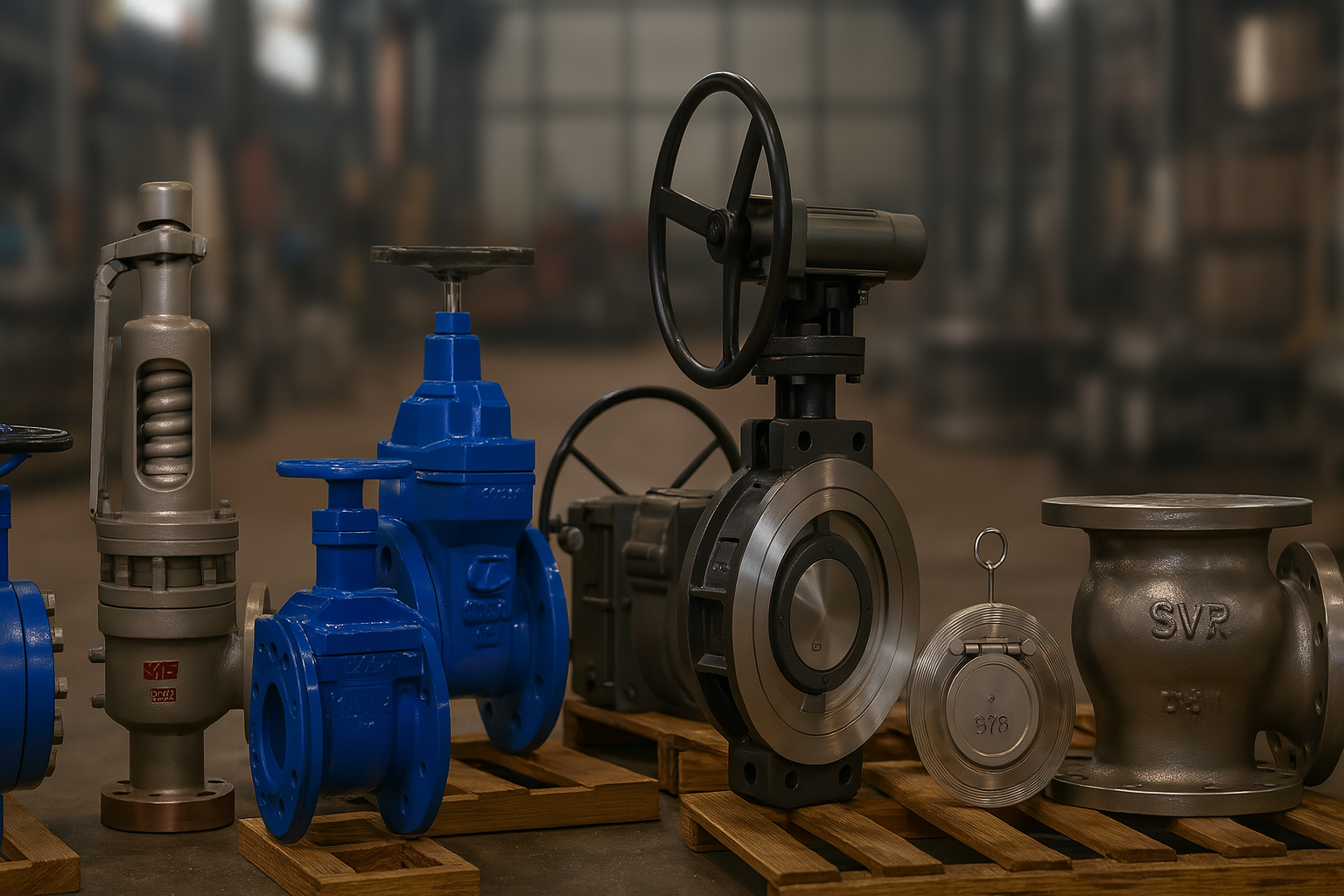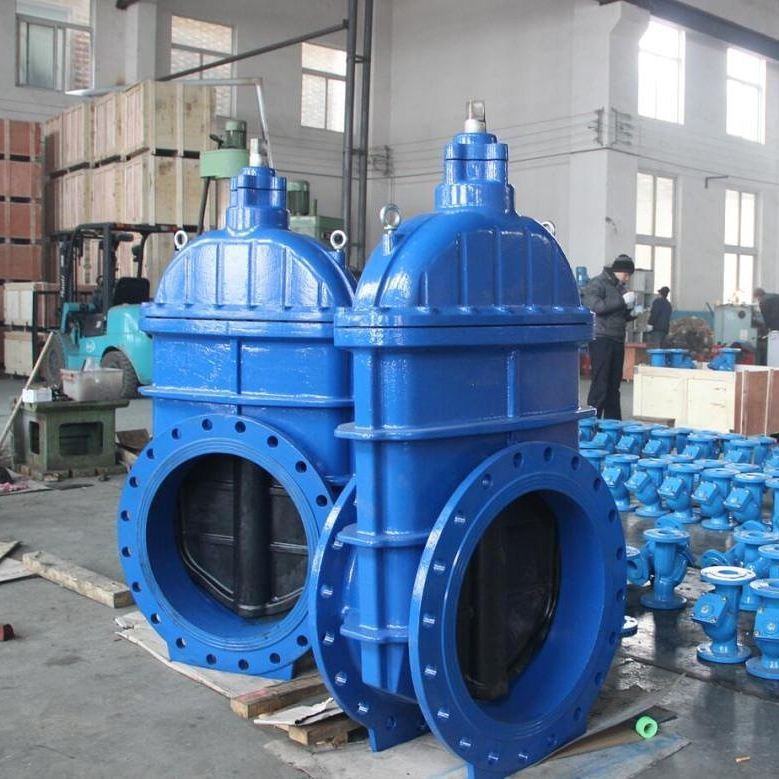
Blog
API BALL VALVE VS API GATE VALVE: WHICH ONE SHOULD YOU CHOOSE?

Middleeast Valve is the leading manufacturer and supplier of high performance industrial valve, serving to various industries such as oil & gas, petrochemical, power and marine application. One of the most common dilemma faced by engineers and industry team is choosing between different valve type according to their need. Among the most debated comparisons is API Ball Valve vs API Gate Valve: Which One Should You Choose? Understanding the functionality, structure, and ideal use case for each can lead to better system performance, enhanced safety, and reduced maintenance.
Definition
An API Ball Valve is the quarter turn valve that use the spherical disc (the ball) to control the flow of media. Designed according to the American Petroleum Institute (API) standard, this valve offer excellent shut off capabilities and is ideal for high pressure system.
An API Gate Valve is a linear motion valve that uses a gate or wedge to start or stop the flow. It operates by lifting the gate out of the flow path. Complying with high standards -these valve are designed for full flow or full shut off application in pipeline.
Key Parts
API Ball Valve Key Components:
- Valve Body: Houses the internal components
- Ball: Rotating sphere with a hole through it
- Seats: Sealing surfaces for tight shut-off
- Stem: Connects actuator/handle to the ball
- Handle or Actuator: Used to turn the valve
API Gate Valve Key Components:
- Body: The main housing of the valve
- Gate (Wedge): Controls flow by moving up and down
- Stem: Transfers motion to the gate
- Bonnet: Covers and seals the stem area
- Handwheel or Actuator: Used to move the gate
Working Mechanism
API Ball Valve
In an API Ball Valve, the ball inside the valve rotates 90 degrees to either allow or block flow. When the valve is open, the hole in the ball aligns with the flow path. Turning the handle closes the valve quickly and securely.
API Gate Valve
An API Gate Valve works by raising or lowering a gate (wedge) perpendicular to the flow path. It takes several turns to fully open or close the valve. Once open, the gate is entirely out of the flow path, resulting in minimal pressure drop.
Advantages
API Ball Valve
- Quick and easy operation (quarter-turn)
- Excellent for shut-off applications
- Compact design
- tight sealing
- Minimal torque requirement
API Gate Valve
- Full-bore design (no obstruction in flow when open)
- Ideal for on/off control, not throttling
- High pressure and temperature resistance
- Long service life under proper use
Suitable for high-viscosity fluids
Industries Where They Are Used
API Ball Valve Applications:
- Oil & Gas pipeline
- Petrochemical processing
- Power generation
- Marine system
- Water treatment plants
- Fire safety system
API Gate Valve Applications:
- Crude oil and fuel transport
- Refining operation
- Steam and utility service
- Waterworks and distribution system
- Desalination and chemical feed line
Why Are They Required?
Valves are required for controlling, isolating and protecting fluid system. Our high performance valve ensure compliance with safety and high standard which is critical in industry dealing with hazardous or high pressure media.
API Ball Valve are required in applications where quick shut-off, frequent operation, and compact valve design are necessary.
API Gate Valve are essential where full, unobstructed flow is needed, especially in large-diameter pipelines where slower operation is acceptable.
Choosing the right valve based on application ensures:
- Lower maintenance
- Enhanced safety
- Better flow efficiency
- Reduced operational cost
- Longer system life
API Ball Valve vs API Gate Valve: Which One Should You Choose?
Choosing between the two depends on your application’s unique requirements:
| Criteria | API Ball Valve | API Gate Valve |
| Operation | Quarter-Turn | Multi-turn |
| Flow Control | On-off,Not ideal for throttle | On-Off, not for throttle |
| Seal Tightness | Excellent | Good |
| Maintenance | Low | Moderate |
| Space Requirement | Compact | Large |
| Cost | Slightly Higher | Economical in larger sizes |
| Ideal Use | Fast shut-off, compact systems | Large pipelines, minimal flow resistance |
Why Buy from Middleeast Valve?
At Middleeast Valve, we do not just supply valves — we deliver engineered solutions. Here is why industries worldwide trust us:
- Certified Valves: All our ball and gate valves meet strong API standards
- Custom Engineering: We provide custom made valve based on application, pressure class and material specification.
- Premium Material: From stainless steel to titanium and exotic alloy, we offer wide range of material grade.
- Global Delivery: Rapid delivery across continent, supported by a robust logistics network.
- Expert Support: Our in-house technical team helps clients choose the right valve type, size, and design.
- Proven Performance: Used by leading names in oil & gas, desalination, power, and chemical processing sectors.
Conclusion
In summary, understanding API Ball Valve vs API Gate Valve: Which One Should You Choose? is essential to designing an efficient and safe fluid control system. Each valve has its own strengths, and selecting the right one depend on your system pressure, flow characteristic and operational need.
Whether you need fast shut off with minimal space or full unobstructed flow in large pipeline, Middleeast Valve has the right API-certified solution for you. Trust our engineering expertise, product quality and global presence to keep your operation flowing smoothly.

